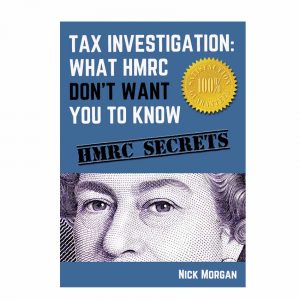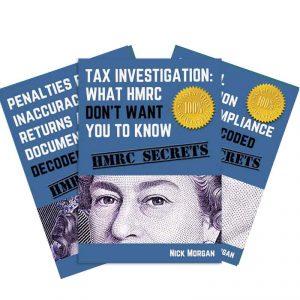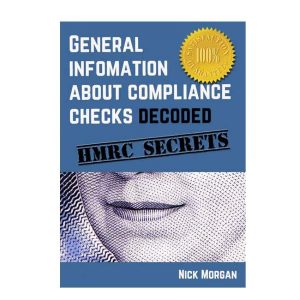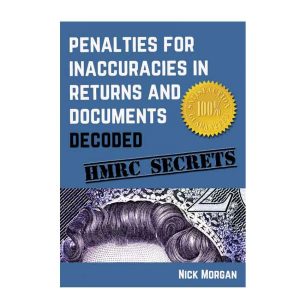HMRC Quizzed Over Bullying Tactics
As covered in Dirty Tactics and the ebook, HMRC commonly open investigations and – even if they can’t find anything wrong – they won’t want to close it without getting some sort of a result.
The thing is this, there is a presumption of guilt and pressure on the investigators to get results.
Of course some people are not on the fiddle – shocker – but they often end up settling and paying a penalty because they would rather part with the cash and get HMRC off their backs than go through more investigation stress and pay a whole load of cash to an accountant / investigator.
In this clip Conservative MP Mark Garnier quizzes HMRC about this bullying and HMRC act all surprised.
Here is an uncorrected transcript:
Q661 Mark Garnier: I want to follow up on this investigation thing. Is it not the case that some people might find themselves the subject of an investigation and suddenly decide that the cost of defending it or complying with it-in terms of getting their accounts sorted out-is going to be x, and that they could just pay you a cheque for x minus y, which is what you are after, and is it not therefore easier just to say, “Here is some money, go away,” the underlying point being that it was not necessarily a valid investigation in the first place?
Mike Eland: We do not believe that is the case, because what we are interested in with an investigation is establishing the correct tax liability. That, if we get co-operation, can be dealt with fairly swiftly. Obviously, if it is an area where we identify evasion and suppression, it will take longer.
Q662 Mark Garnier: I am sorry to interrupt you, but you talk about co-operation. Co-operation, to me, where you say you can come to a swift conclusion, is when somebody turns around and says, “Yes, that is right, I think I owe you x,” and you broadly agree with it, but I have people who come and see me in my surgeries who say that they find it incredibly frustrating dealing with HMRC. It gets in touch and says, “You owe some money,” and they write back and say, “Here is all the paperwork.” They discover that when they do that, they find themselves having to talk to a different person, department or adjudicator. There is the cost of going through this process, in terms of time; a great many of the people who come and see me do not necessarily have accountants, so the cost is their personal time. They are finding it breathtakingly frustrating. I try to lubricate the wheels in order to try and get this through, but the frustration is that it is incredibly time-consuming. There is no sense of any real process at HMRC that makes it easy for people to deal with one individual, as a result of which people eventually pull their hair out, come and see their MP or, indeed, in the end just pay up to get you off their backs.
Mike Eland: It is not in our interest to have a long-drawn-out investigation any more than it is for the business concerned. We have worked with the agents to develop a process, which we call open and early dialogue, which is designed precisely to sit down at the beginning of an inquiry, work out what the issues are, and pursue those and resolve them as quickly as possible. We are looking all the time to make sure that what we are doing is proportionate, and that we are focused on the real risks. The whole strategy that underlies our approach to the spending review is to deal with error through either designing it out of the system or dealing with it in a very low-intensity way, and to concentrate our skilled and face-to-face resource on evasion, not error. That is very much the direction we are looking to move in.









Pretty much apply the same tactics to their staff as well.